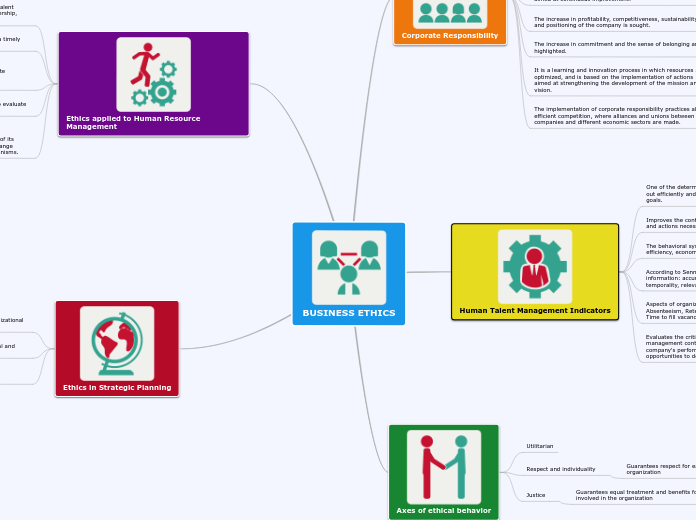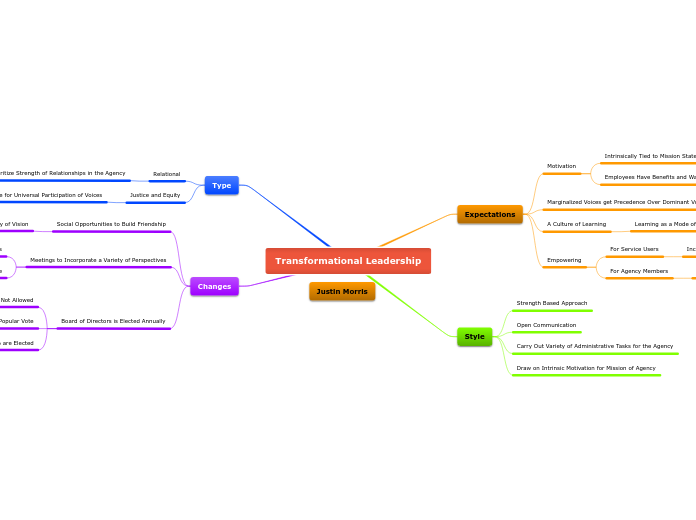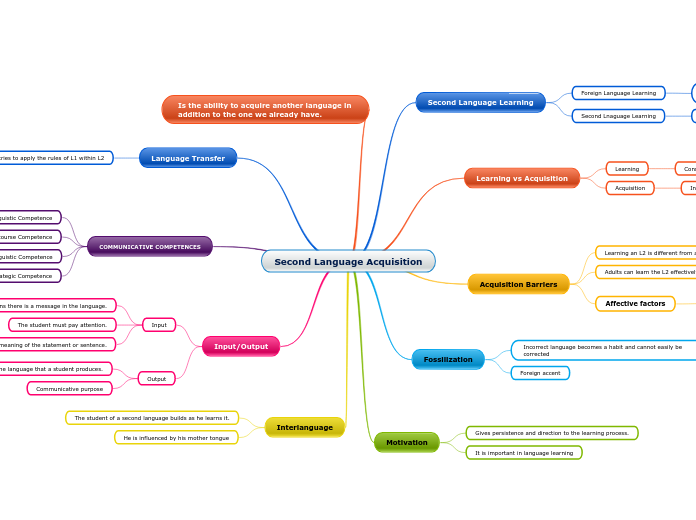af DIANA INFANTE 5 år siden
440
BUSINESS ETHICS
Ethical behavior in business is essential for fostering a positive organizational culture and ensuring fair treatment for all parties involved. Key ethical principles include utilitarianism, which focuses on the greatest good for the most people, and justice, which ensures equal treatment and benefits.









